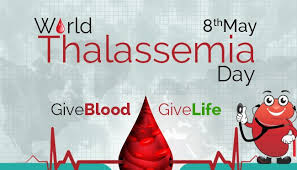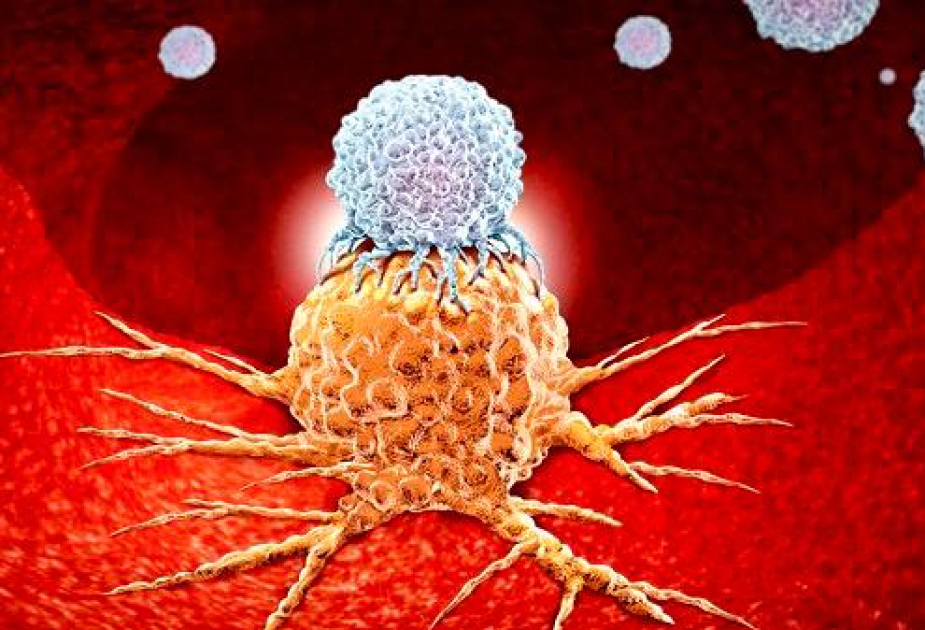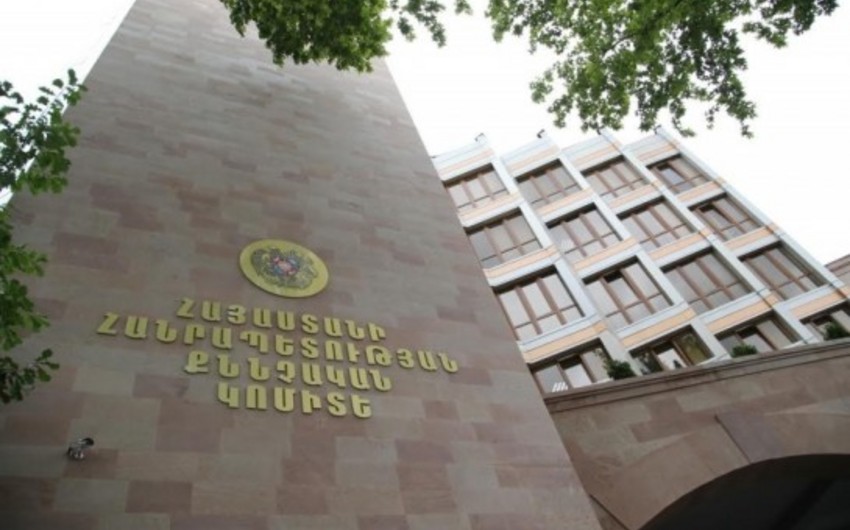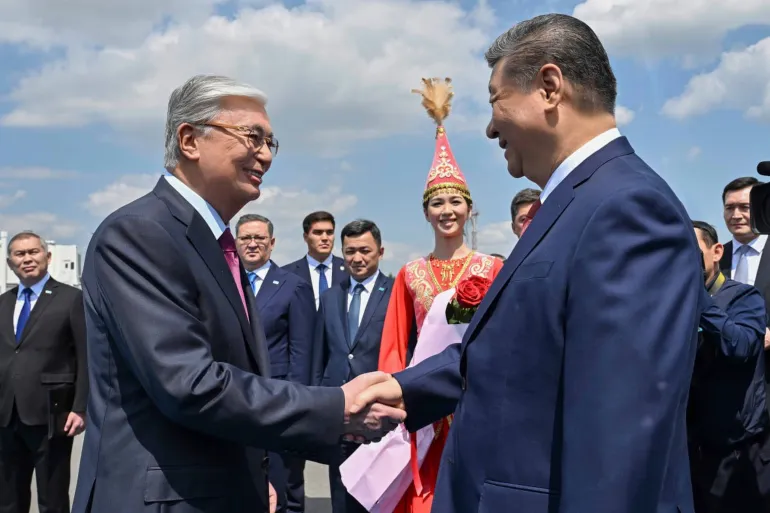Every year, May 8 is celebrated as World Thalassemia Day around the world.Since hemoglobin is an important protein that meets the body's need for oxygen, insufficient hemoglobin production causes various health problems.In our country, targeted measures have been taken in the field of detection and treatment of thalassemia patients with the participation of a number of non-governmental organizations.
“EDnews” reports that thalassemia is a hereditary blood disorder that affects the body's ability to produce healthy red blood cells. The disease occurs as a result of a genetic defect in the production of hemoglobin, the oxygen-carrying protein of red blood cells.
The diagnosis of thalassemia is made as a result of detailed blood tests and genetic analyses. These tests help determine whether thalassemia is present and what type it is. The diagnostic process is of great importance in determining the appropriate treatment options for patients according to the type and severity of the disease. A complete blood count, hemoglobin electrophoresis, DNA and genetic tests, and peripheral blood smear are used to diagnose thalassemia.
Thalassemia usually causes anemia, fatigue, pale skin, and an enlarged spleen. In mild cases, symptoms are less pronounced and may not require treatment. However, in more severe cases, treatment methods such as regular blood transfusions and even bone marrow transplantation are required. Since thalassemia is a genetic disease, it is transmitted from parents to children, and family history plays an important role in the diagnosis of the disease.
Thalassemia, a severe hereditary blood disease that is passed from parents to children through genes, is characterized by impaired hemoglobin synthesis and chronic anemia as a result of a genetic defect. While taking iron supplements in iron deficiency anemia improves blood composition, taking these supplements in thalassemia has a harmful effect on the patient.
There are currently 3,280 registered thalassemia patients in Azerbaijan. In recent years, important measures have been taken in our country in the field of treatment and diagnostics of thalassemia. The Law "On State Care for Persons Affected by Hemophilia and Thalassemia Hereditary Blood Diseases" has made it possible to fully meet the needs of these patients for donor blood and iron-removing drugs.
The “State Program on Combating Thalassemia for 2015-2020”, approved by the Decree signed by President Ilham Aliyev on February 10, 2015, is aimed at strengthening the prevention of the disease, conducting educational work among the population and improving medical care provided to thalassemia patients.
Madina Mammadova\\EDnews








